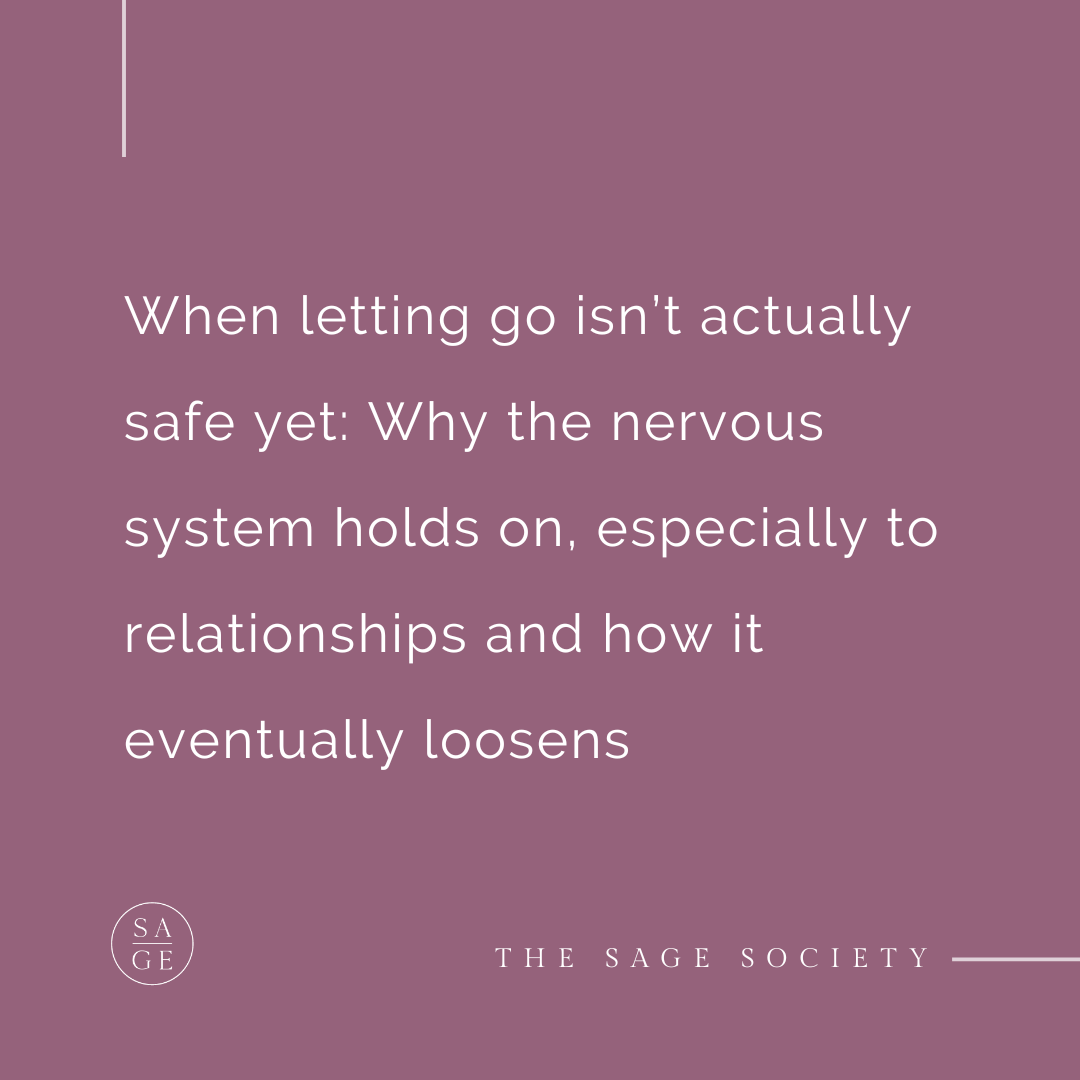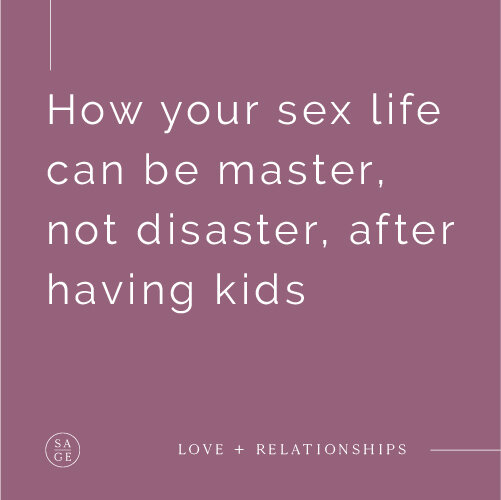Why we should up our listening game
Have you ever grumbled to your partner, “you’re not listening to me?” Or exclaimed, “that’s not what I said!” Chances are you have, as they rate as the most common phrases, after “I love you” that people in close relationships will utter to each other. From current research we know that, often to the detriment of relationships, the closer we feel to someone, the less likely we are to listen! It’s even got a name, ‘the closeness- communication bias”.
What is this bias?
Once you feel close to someone, there is an unconscious tendency to tune them out because you think that you already know what they are going to say in response. It’s a bit like when you’ve driven the same route home from work enough times that you don’t notice the scenery. You’re on autopilot and you zone out. This is exactly what happens in long term relationships. We become so used to and comfortable with each other that we stop noticing the scenery!
In behavioral experiments researchers first paired individuals with their close friends or partners and then with strangers. In each scenario, the researchers asked the subjects to interpret what their partners were saying. The subjects predicted that they would more accurately understand what their partners were saying than the strangers but the results showed that they understood them no better than the strangers. Often, they understood them less well!
Professor Nicholas Epley, from The University of Chicago states that “accurately understanding another person often requires a second thought to think, ‘wait a minute, is this really what this person meant?’ … we just don’t do that as much with those we are close to because we assume we know what they are saying and that they know what we are saying”.
And this happens all the time. The closeness-communication bias not only keeps us from listening to those we love; it can also keep us from allowing our loved ones to listen to us.
Harvard sociologist Mario Luis Small discovered recently that slightly more than 50 percent of the time people confided their most personal, pressing and worrisome concerns to people who were not their nearest and dearest. In some cases, individuals avoided telling those in their inner circle because they feared judgment or a barrage of drama to follow.
What do we do?
We should try to engage our nearest and dearest in everyday talk. That means asking questions like, “How are you?” and really tuning into the answer. The aim here is to listen carefully and to understand what they are saying. We should be putting down our phones and actively engaging with our loved ones because, let’s face it, technology can get in the way and be potentially damaging if you’re not careful. How many times have you sat next to your loved one whilst you both mindlessly scrolled through your phones or tablets, emerged in your own worlds?
I would also love you to try this idea, brought to you by the Gottman’s, the 20-minute conversation, otherwise known as the ‘stress-reducing conversation’. John Gottman states, “the sure thing is that if you don’t work at communication, the relationship will deteriorate over time, just like a car that’s not taken care of will fall apart.”
Couples need intentional, focused time to talk, ask questions, and continuously work at understanding and getting to know the other. By creating this as a daily ritual you can counteract that communication bias. This 20-minute conversation helps foster trust and a space to share each other’s hopes and dreams.
Once you have made this exercise habitual and seen its benefits, you can take it one step further. My hubby and I have progressed our communication skills by doing as follows, a couple of times a week:
Once the kids are in bed, we sit down together (most likely with a nice glass of red!) and take it in turns to ask each other meaningful questions. We really listen to the other, without interrupting. More often than not, this conversation moves from our day-to-day lives, to deeper discussions about our hopes and dreams or what is currently stressing the other out. Sometimes we lose time, lost in each other. This ritual of connection then helps in other areas. Because we have made the habit to connect regularly, we are more aware of what is going on for the other. We can support each other and be in a mindful marriage of two people in tune with each other.
My suggestion is to work out what works for you. Maybe this conversation is best had in the morning, or during a walk you take together. It doesn’t matter when it happens, as long as it happens regularly. Make a commitment to one another that this is something you will do together. I guarantee that you will feel more connected. You will be a true couple not just, as often happens in relationships, two individuals who coexist side by side.
Twenty minutes per day may just make the difference between a happy, healthy, meaningful relationship or one where you slowly drift away from the other!
P.S. You can access our step-by-step guide of how to do this in our free eBook, ‘How to Feel in Love and Stay Connected”.











